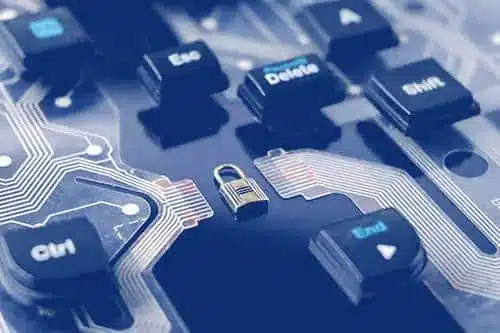EU Court of Justice says licensee can decompile software to fix bugs
October 27, 2021
3 min read
October 27, 2021
3 min read
An oft-asked question in the field of third-party software maintenance (TPM) is whether TPM undertakings can fix bugs and errors in software of their customers. Many believe that only the software owner can do this because of software copyright laws. Indeed, this belief may be a bar to a licensee moving its support and maintenance needs to a TPM undertaking. But in fact, under EU law, this belief is mistaken. Thus, under the EU Software Directive, (Dir. 2009/24) a licensee may carry out any potentially infringing act to correct errors unless there are specific contractual provisions which forbid the same.
In Top Systems v Belgian State, the European Court of Justice held that a software licensee has the right to decompile all or part of a program in order to correct errors affecting its operation. Decompiling involves reconstructing source code from machine code and will always involve reproducing code which would normally be an infringement of software copyright. Whilst it was well known that there was a “decompilation” defence in the EU Software Directive, it was thought that this only extended to allowing one program to communicate with another program. It had not been thought that this decompilation right extended to fixing bugs and errors. In Top Systems v Belgian State, a licensee had decompiled part of a program to disable a defective function in the software. The software copyright owner brought an action for infringement of copyright. The question referred to the ECJ was whether it could do so.
In a ground-breaking decision, the ECJ said that a licensee could decompile a program to correct errors in order to disable a defective function. It held that such was not an infringement of copyright if it was necessary to decompile the software.
It should also be said that as a matter of general agency law, whatever a software licensee can do, a TPM undertaking can do on behalf of and for the licensee. Indeed, in the well-known US legal proceedings between Oracle and Rimini Street, this was never contested. The same approach applies under the laws of most countries.
The ECJ judgment is welcome news that even in the world of software, the law and courts will look favourably on the “right to repair”. Generally, and as a matter of principle, a seller of goods or services should not be able to restrict the right of the buyer or licensee to repair something that does not work or does not work as promised (e.g. compliance with a technical specification). Even in the field of software, where it is accepted at a commercial level (and indeed by the law) that software will have bugs and errors when delivered, the judgment of the ECJ confirms that there is no bar to the licensee (whether itself or through a TPM undertaking) from taking steps, including decompilation, to fix those bugs and errors.
Indeed, to have found otherwise would be to allow software houses to reserve to themselves the aftersales support and maintenance market for their own software. That would be anti-competitive as it would be seen as an illegal “tie in”. In IBM Maintenance Services COMP/C-3/39.692, the European Commission held that owners of mainframes have the right to have their maintenance done by TPM undertakings and that it would be contrary to EU competition law for a software company to refuse to supply machine code updates to mainframe owners where they used a TPM undertaking to provide hardware maintenance services. It is thus perhaps unsurprising that the ECJ has sided with licensees on this important “right of repair” point.
Gain insight into industry-only news, access to webinars, tips and tricks, blog posts, podcasts, and guides, surrounding topics like cybersecurity, reducing software support and maintenance costs and much more, all delivered to your inbox each month.
LEARN MORE